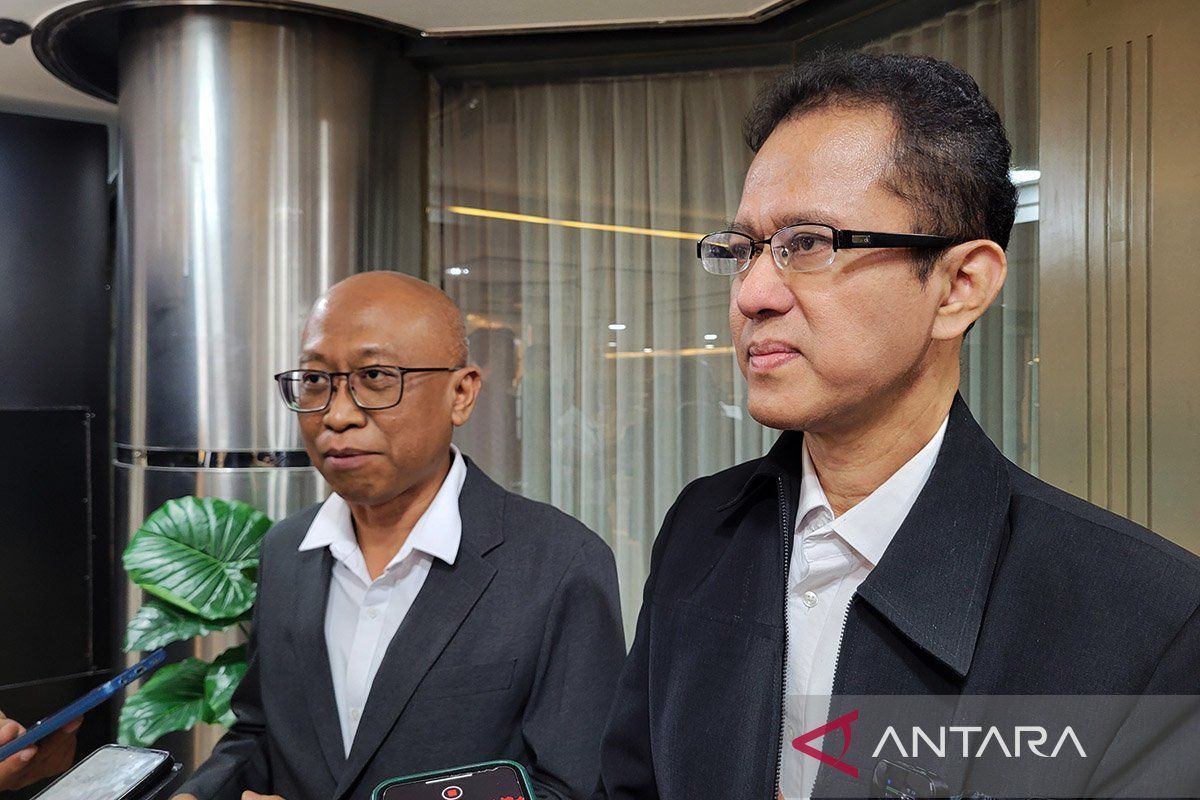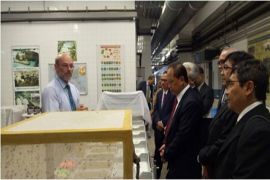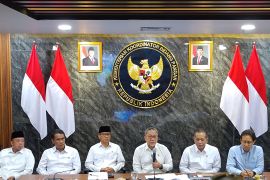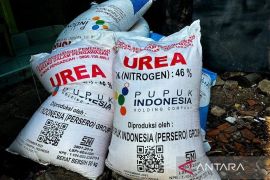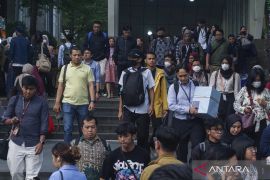According to the head of the agency’s Nuclear Energy Research Organization, Syaiful Bakhri, nuclear technology has a vital role in food security, particularly in extending the shelf life of goods, maintaining their nutritional content, and keeping them safe from microbes and pests.
“The use of technology, including nuclear technology, is no longer just a complement, but is the backbone in ensuring that Indonesian food is not only sufficient in quantity, but also superior in terms of quality,” Bakhri said in a statement released on Saturday.
He added that the use of nuclear technology has also been found effective in checking food loss.
Currently, he informed, Indonesia has adequate competency and facilities in this field, including the G.A. Siwabessy Science and Technology Area in Jakarta.
The area is divided into seven research centers with 506 researchers.
The centers focus on radiation process technology; accelerator technology; nuclear materials and radioactive waste; nuclear beam analysis technology; nuclear reactor technology; radioisotope, radiopharmaceutical, and biodosimetry technology; and nuclear safety, metrology, and quality technology.
Head of the Radiation Process Technology Research Center, Irawan Sugoro, said that irradiation technology can help maintain the quality of food without changing its taste, texture, or nutritional content.
He informed that irradiation technology has been widely used for non-destructive testing and sterilization of medical devices, especially in the mining and health sectors.
“However, the biggest challenge remains public acceptance. The stigma of the term radiation is still a major obstacle, even though its application has been proven safe and is widely used in various developed countries,” Sugoro said.
BRIN researcher, Murni Indarwatmi, also outlined the benefits of using irradiation to strengthen food exports, especially to meet the strict requirements of destination countries such as Australia.
“Irradiation for phytosanitary (purposes) allows the control of hidden pests such as fruit flies and mealybugs, without the need for expensive and time-consuming manual treatment. This is very relevant for export fruits such as mangoes and mangosteens,” she said.
She added that irradiation technology can also be used for sterilizing herbal products, processed meat, and food components, such as chili powder in instant noodles, efficiently.
“With high penetration power and a process without direct contact, irradiation allows for efficient and hygienic treatment, even for products that have been packaged,” Indarwatmi said.
Related news: Indonesia lifts cattle import quotas to ensure food security
Related news: New MoU strengthens Indonesia-Netherlands agriculture collaboration
Related news: Food security to remain priority for two--three years: Prabowo
Translator: Sean Filo Muhamad, Yashinta Difa
Editor: Azis Kurmala
Copyright © ANTARA 2025
